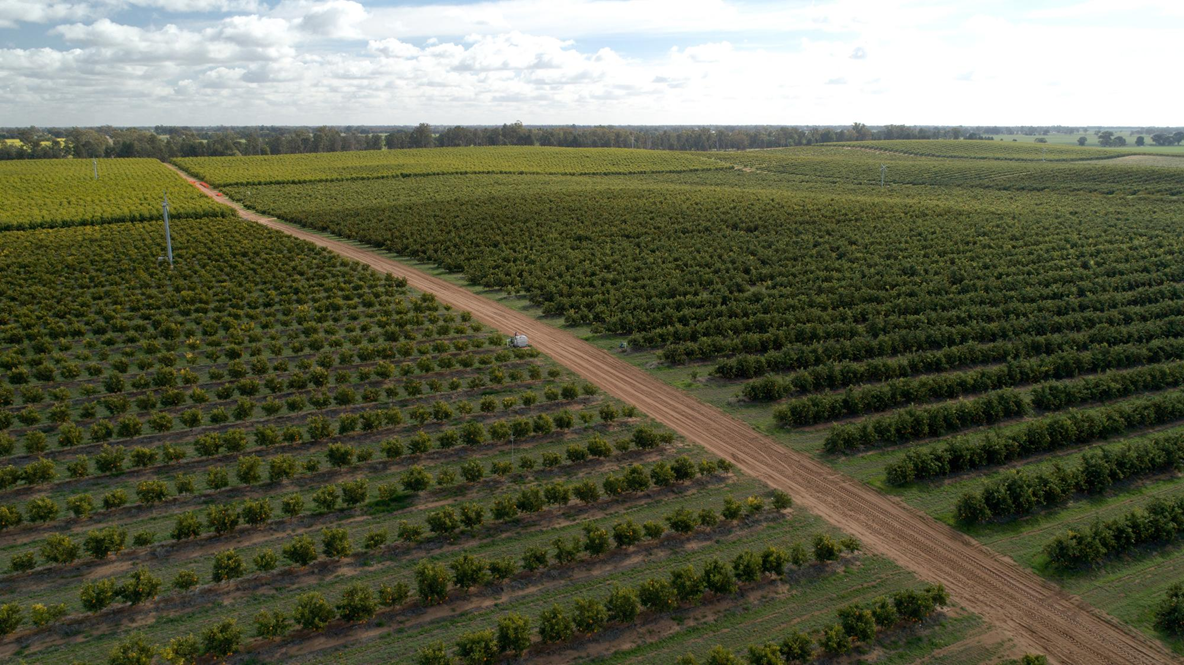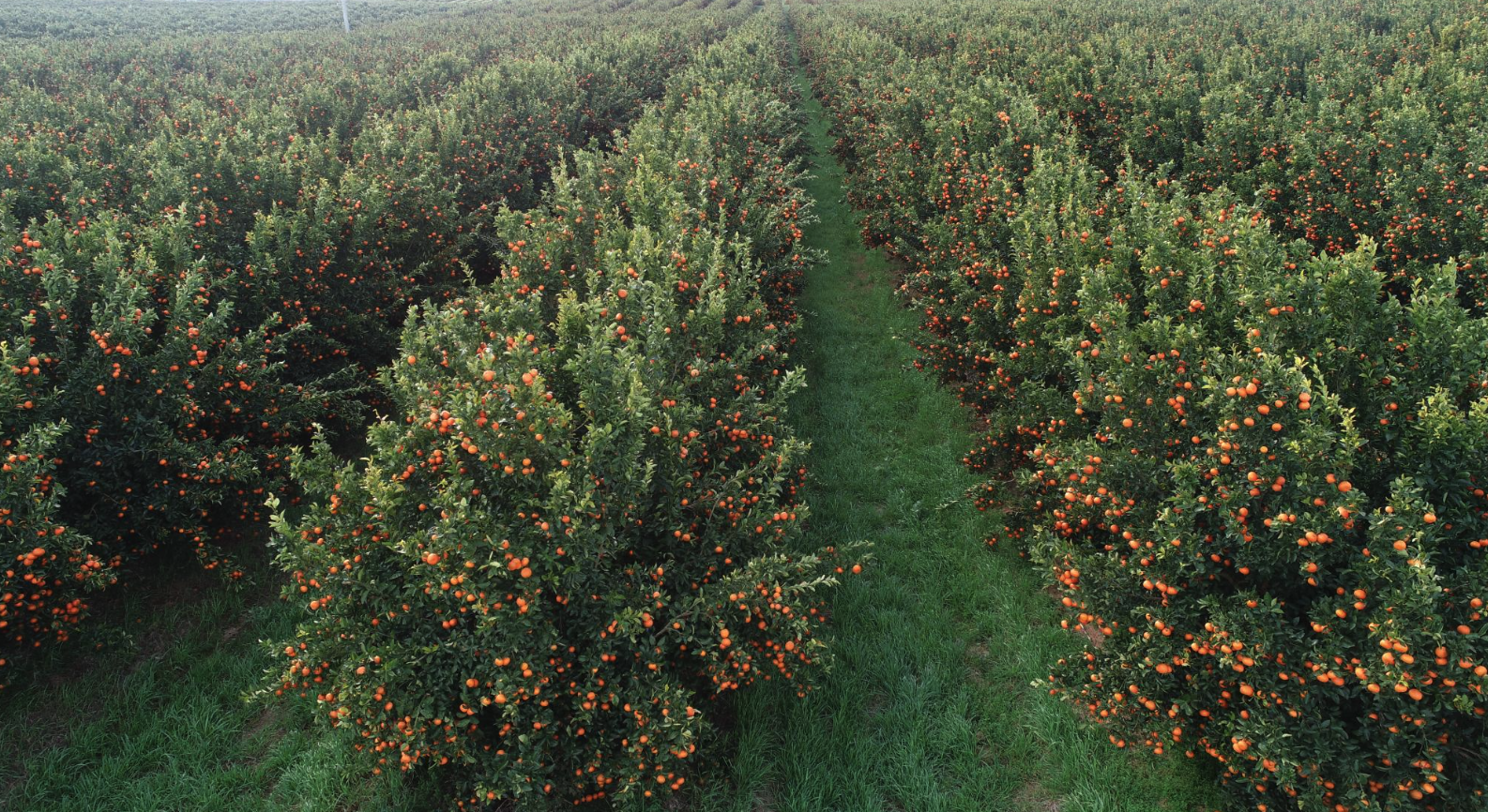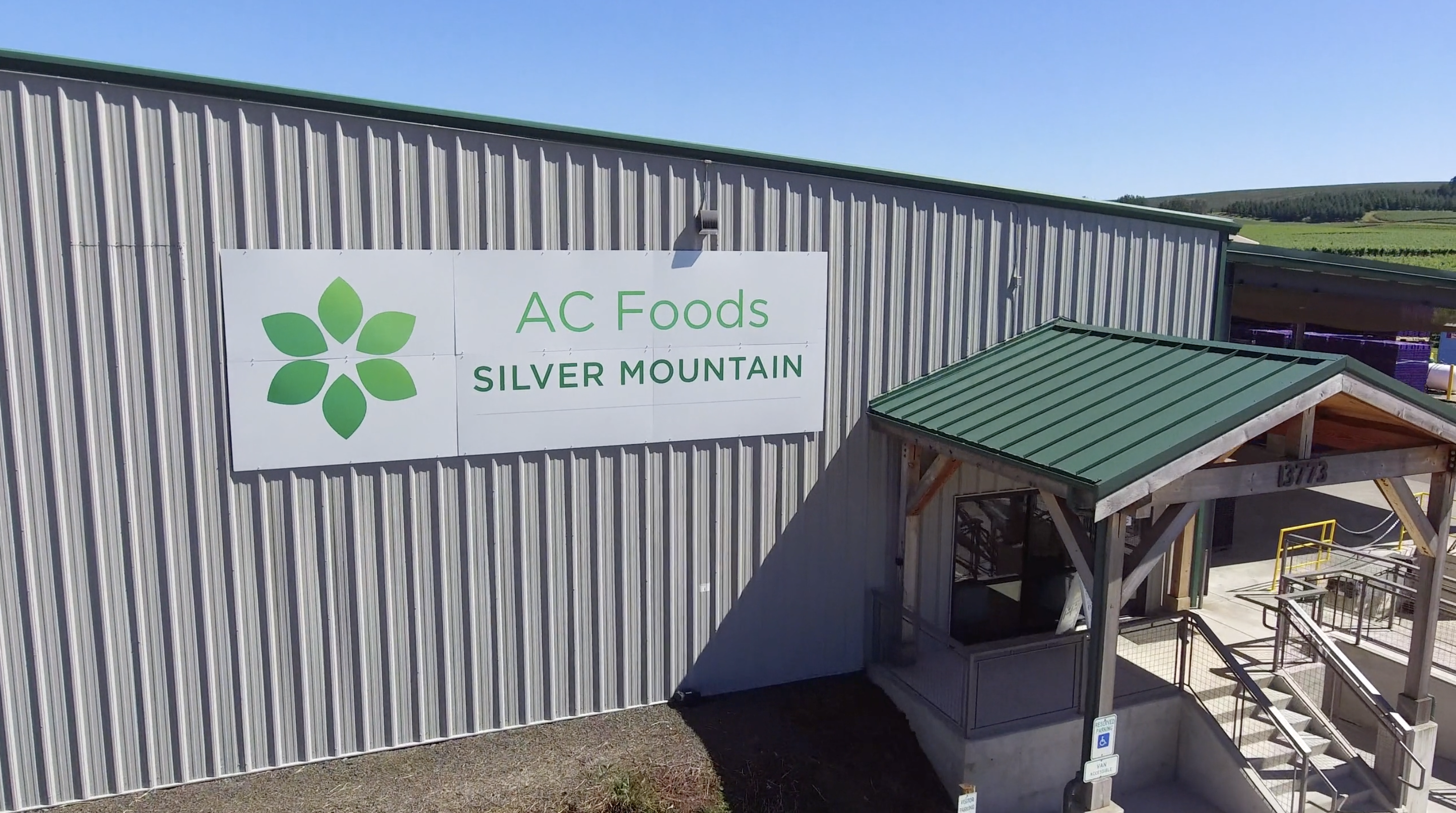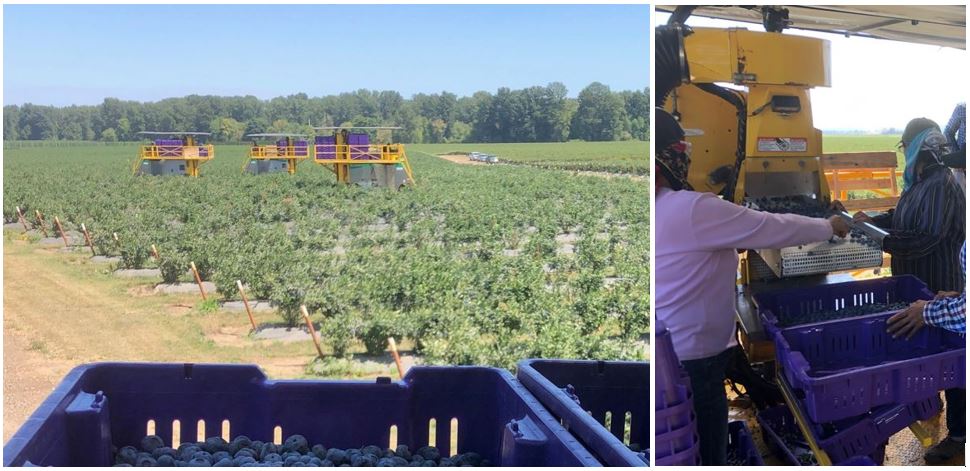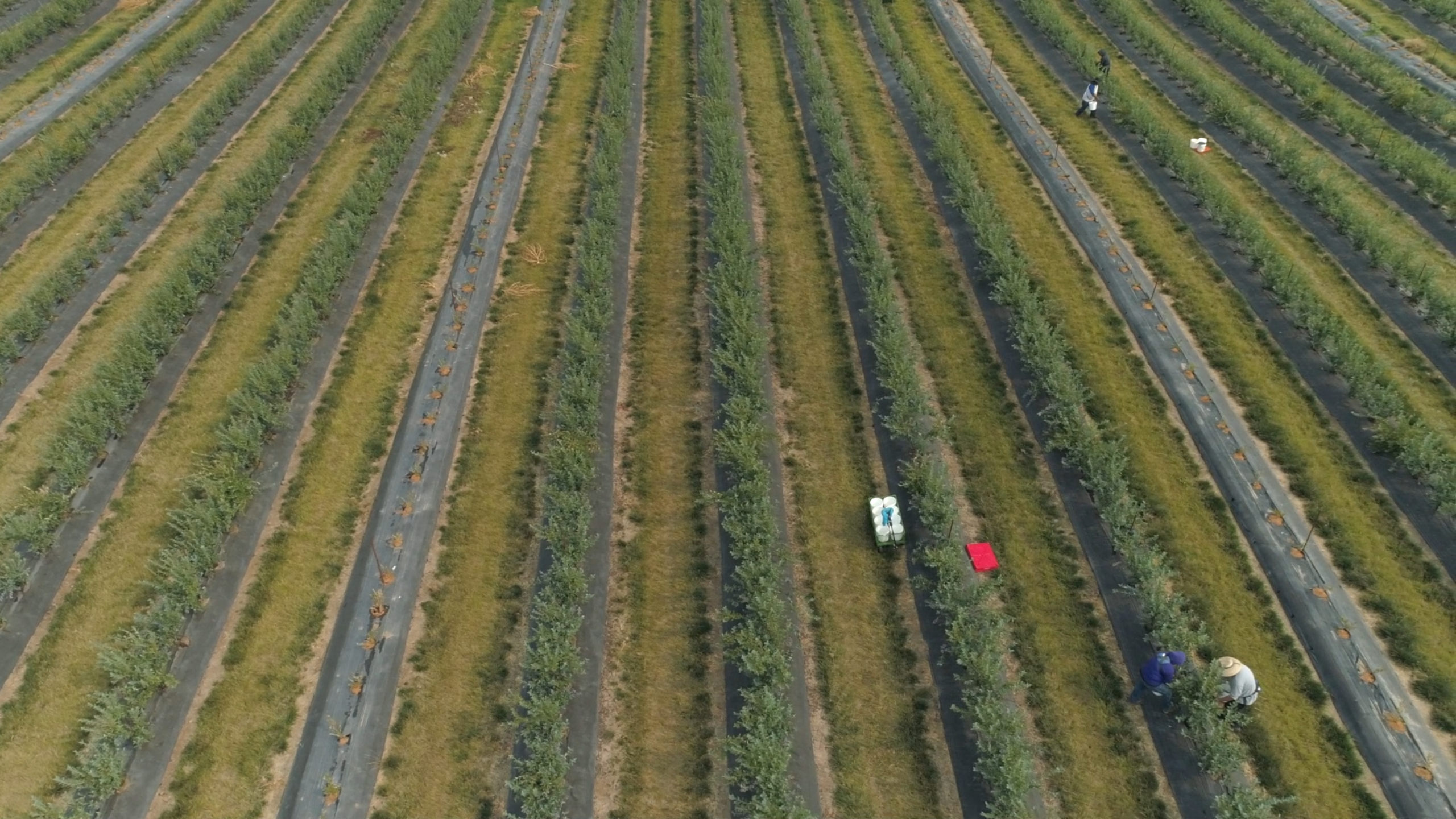
A Primer on Investing in (Regenerative) Farmland
Since 2014, Agriculture Capital has pioneered the integration of regenerative agriculture into our investment strategies, enhancing these fundamental aspects. By invigorating natural systems, regenerative practices add natural capital of the land, to not only mitigate risks and enhance returns, but also pave the way for a sustainable and resilient future.
